Greece and the Secret to Eternal Youth
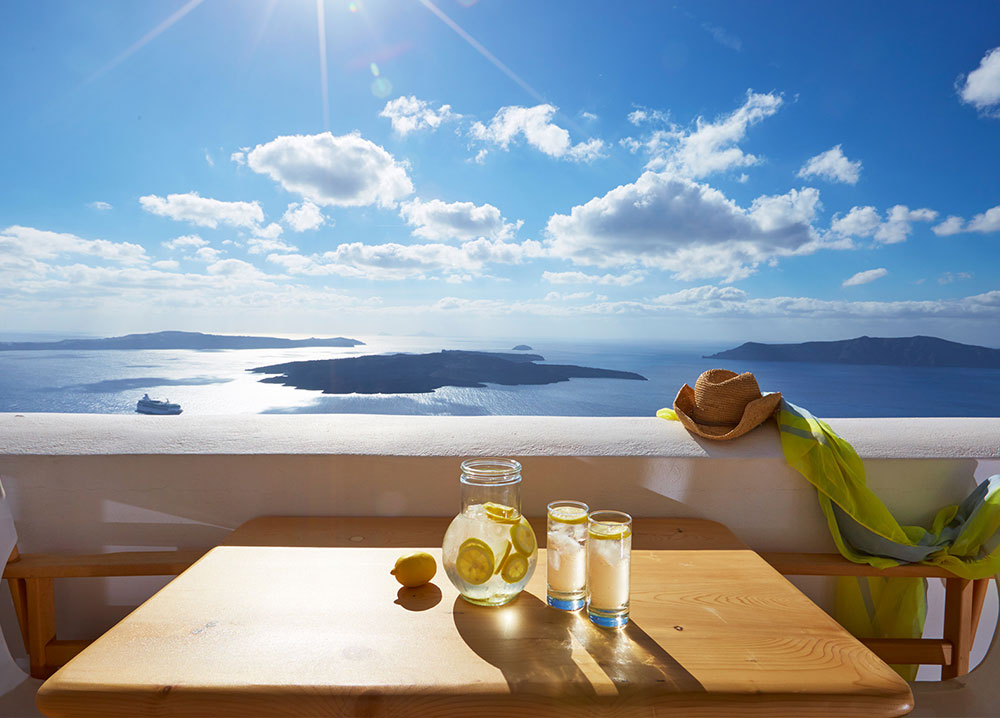
While Herodotus believed that the fountain might have been located in what is now Somalia, perhaps he should have been looking closer to home. After all, it is on the small Greek island of Ikaria that people are living significantly longer than anywhere else on earth.
Ikaria is a tiny rock island located 50 kilometres west of Turkey in the blue-green Aegean Sea. It is typical of Greek islands in many ways – locals sip coffee in the shade of leafy plane trees, business owners open and close their doors according to their own schedules and often customers take what they need simply leaving money behind on the counter in return.
But it is unique because the residents of Ikaria live far longer than the regular population, and remain active well into old age. In fact, one-third of the island’s population lives to be more than 90 years old and, more importantly, remains physically active after the age of 100. This longevity and virility is attributed to the balance of a eating a traditional, well-balanced Mediterranean diet, daily physical activities, daily naps, low stress and family and community coherence.
The great news then is that Herodotus was right. There is a fountain of youth! And we can all partake of its waters by adopting the Greek Ikarian way of living…

Eat a traditional, well-balanced Mediterranean diet.
Studies show that this type of diet can keep people young by protecting their genetic code as they age. It also helps prevent cardiovascular disease, and is even thought to protect against some cancers. What a delicious way to live longer!
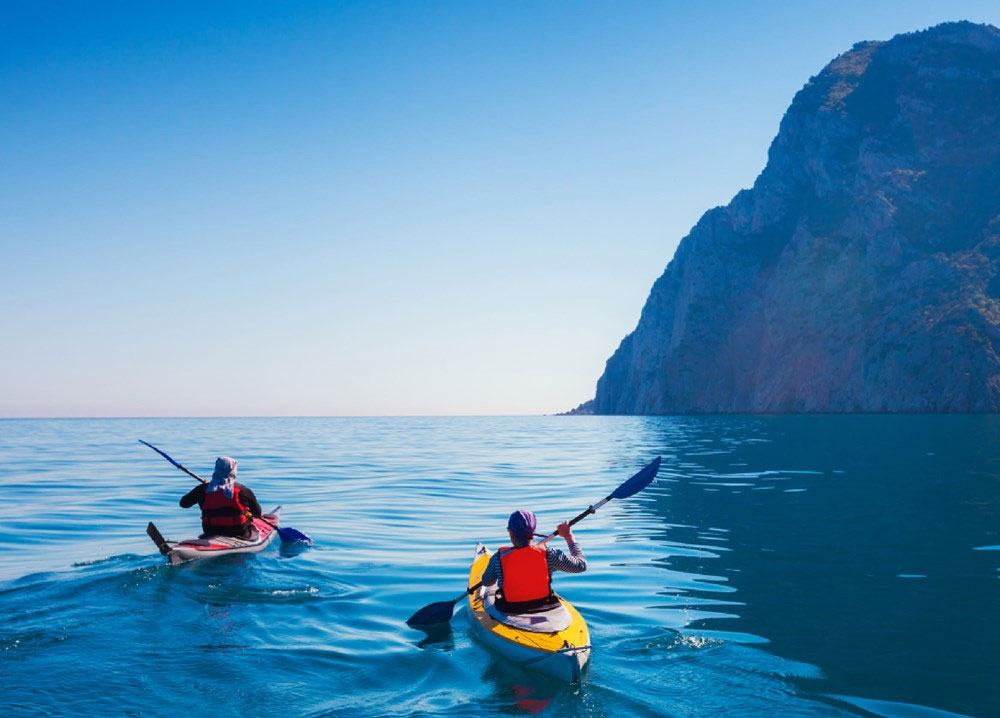
Engage in daily physical activities.
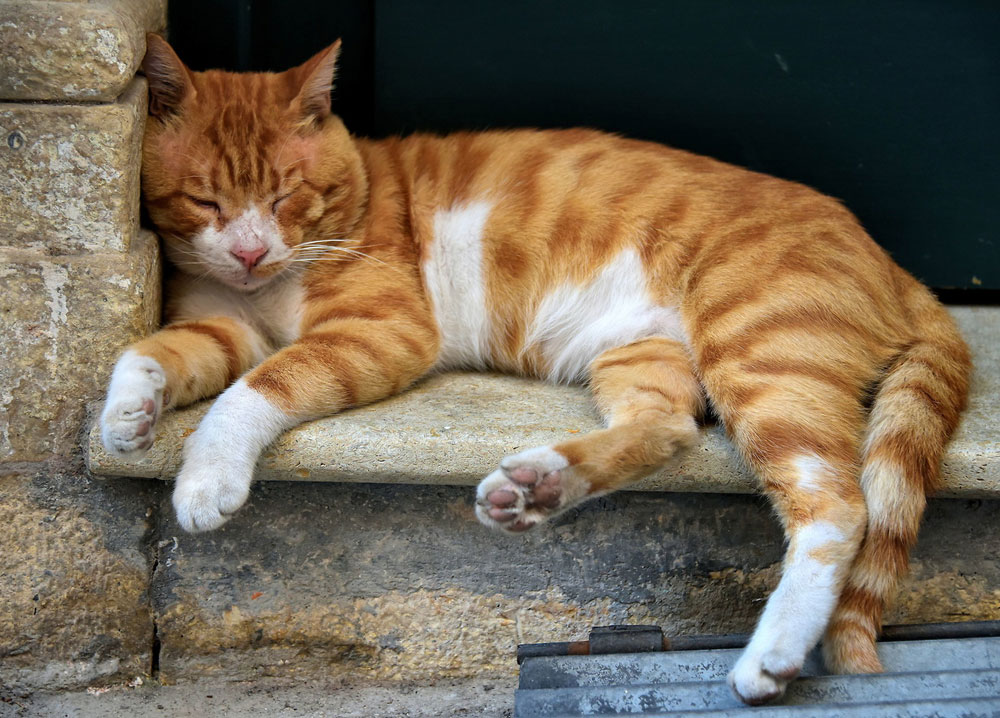
Take a daily nap.
So, pull out the hammock, close your eyes and imagine you’re on a secluded white-sand beach or rolling through the swells on your way to your next island adventure!
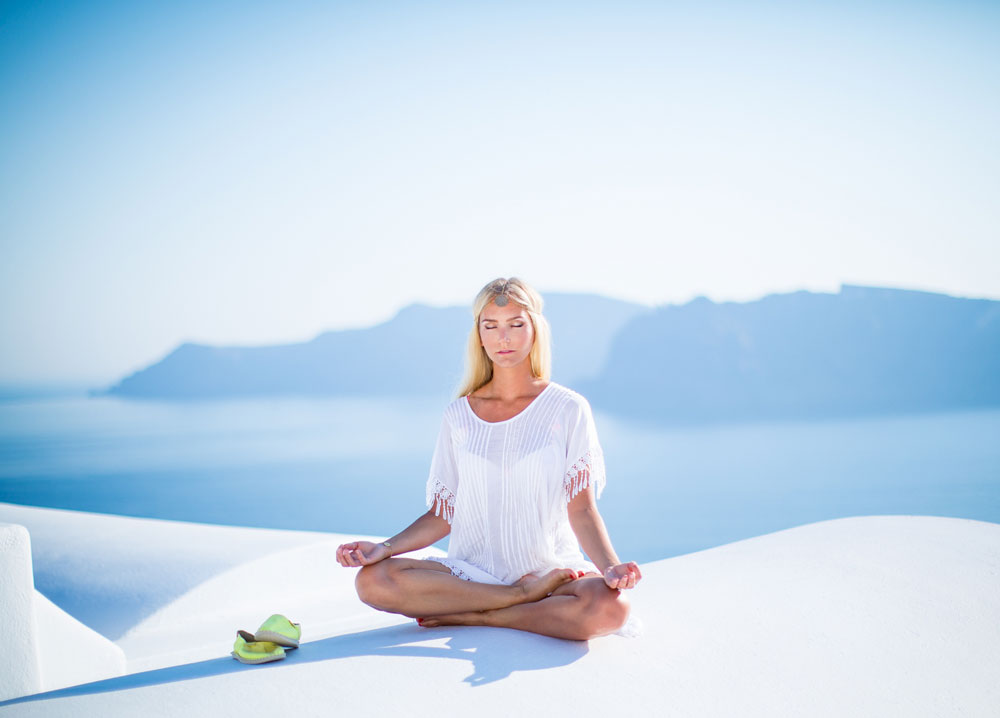
Lower your stress levels.
It’s no secret that stress is bad for health. But research shows that cumulative stress has a significant negative impact on mortality – in other words, if you experience a lot of stress, you are more likely to die sooner. While we can’t all live our lives like the Ikarians, showing up to work whenever we like (or not at all!) or spending the morning chatting with friends at the local café, we can take a page out of their book and try to live life a little more slowly, and eliminate stress wherever we can.
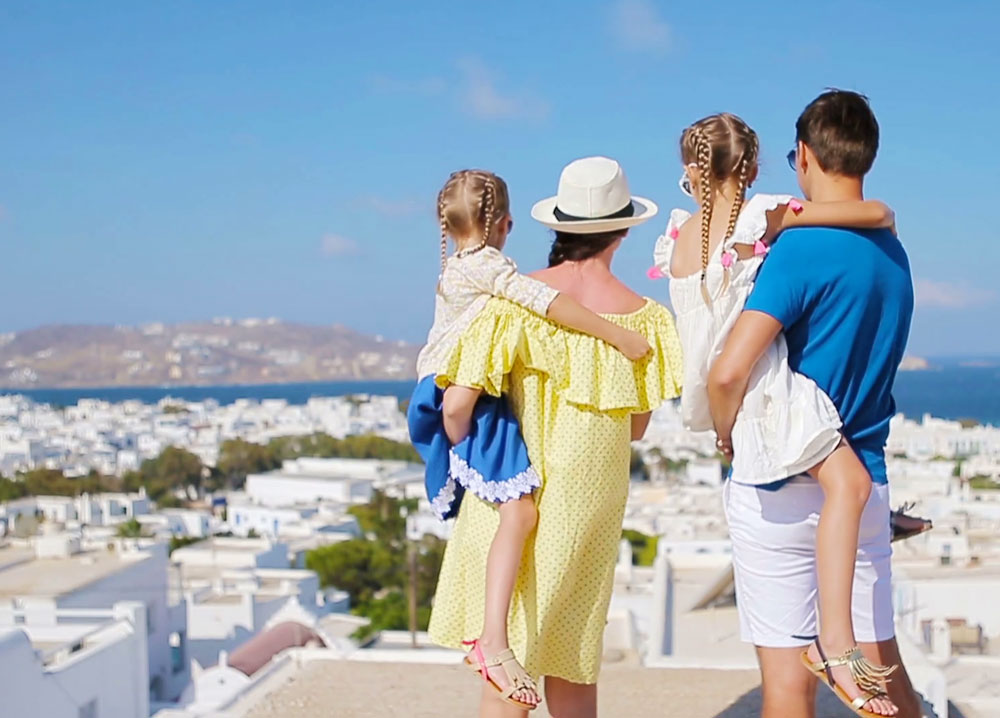
Spend time with your family, friends and in your community.
So, call your mum, meet up with friends for dinner, or better yet, book in a holiday with your family. It will help you live longer!
If you’d like more travel information, please don’t hesitate to contact our team on 1800 242 353.
